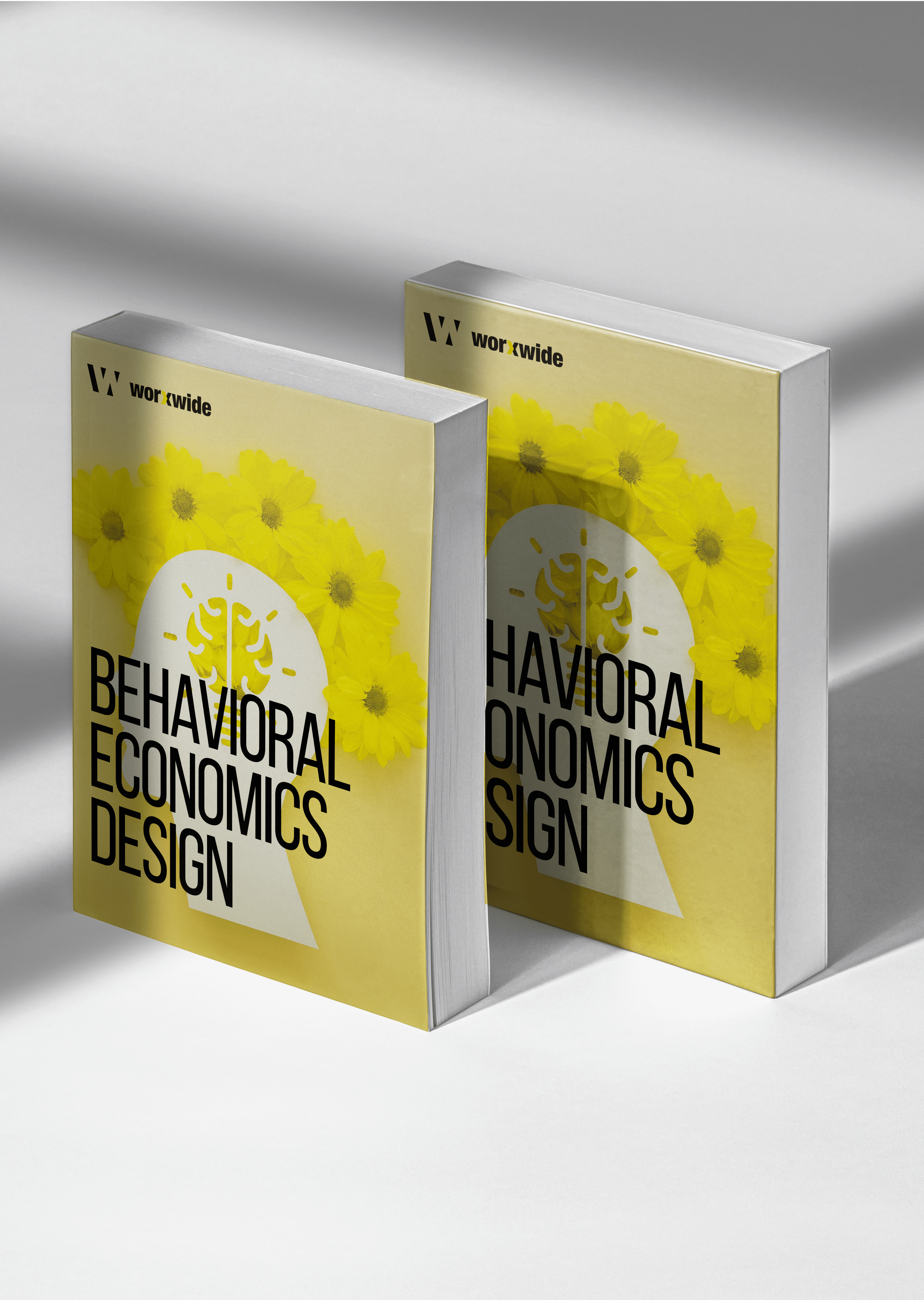Ask us for UX research, consulting & design.

Other Featured Whitepapers
What can we help you with?
Our
Global
Presence
Lewisville
tx, USA
tx, USA

Ruislip
London, UK
London, UK

Gurugram, Bangalore, Mumbai
India
India




Thank you for subscribing our daily/weekly alerts on the market and our offerings. Stay in touch !



Behavioral economics is a field of study that explores how individuals make decisions, taking into account both economic and psychological factors. Behavioral economics has become increasingly relevant in recent years as companies seek to better understand their users and design more responsive products. In this whitepaper, we will explore how behavioral economics can be applied to product design and growth and discuss some practical strategies for designing products that are adaptable to user behavior.
The first step in designing products that are adaptable to user behavior is to understand the underlying patterns of user behavior. This can be accomplished through a variety of methods, including user surveys, focus groups, and user testing. By understanding how users interact with a product, designers can identify areas where the product is failing to meet user needs and make necessary adjustments to improve the user experience.
This process can help to ensure that the product is more responsive to the needs of users and ultimately lead to improved user engagement and growth. In economics, the rational choice theory states that humans can make reasonable choices by carefully balancing the advantages and disadvantages of each option. Behavioral economics argues the opposite.
To make products more adaptable to user behavior, designers must consider various psychological factors
that influence user decision-making.



